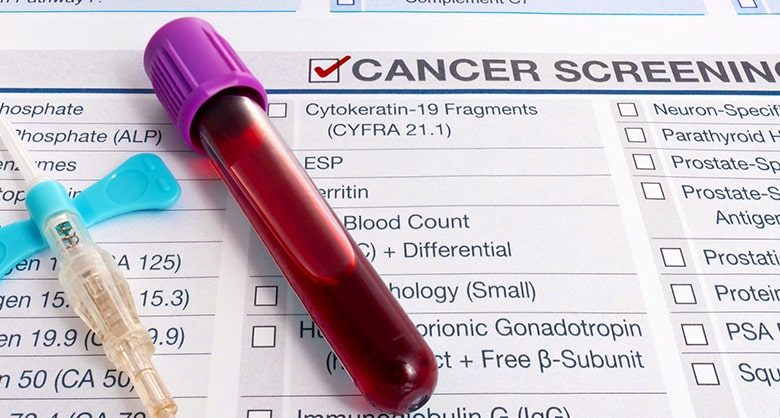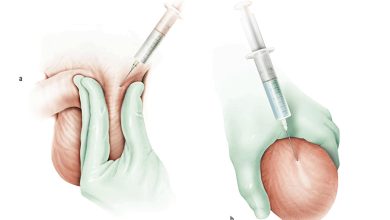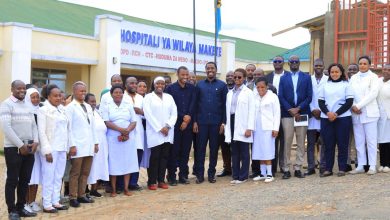Experts advocate for free cancer screening, public awareness campaigns

MWANZA: EXPERTS in atomic energy and oncology have called for regular free health screening programs and intensified public education campaigns as part of a broader strategy to combat the growing burden of cancer in Tanzania.
The appeal was made earlier this week during the closing ceremony of a capacity-building training on Multimodality Imaging in Oncology, held at Bugando Zonal Referral Hospital in Mwanza.
The training, sponsored by the International Atomic Energy Agency (IAEA) and organised by the Tanzanian government, aimed to enhance the expertise of local imaging specialists.
The initiative follows major government investments in the health sector, particularly in modern screening equipment.
However, a shortage of skilled imaging professionals has been a key challenge, affecting the accuracy of diagnostic results and, consequently, the effectiveness of treatment, especially for cancer patients.
Dean of Applied Health Science and Technology at Misr University for Science and Technology (MUST) and a Consultant in Breast Imaging, Professor Hanan Gewefel, highlighted her country’s successful model in managing breast cancer.
“In Egypt, the government runs a national breast cancer screening programme offering free services to women. The programme targets early detection, which is key to controlling the disease,” she explained.
ALSO READ: Women encouraged to go for cervical cancer screening
She noted that in Egypt, women with a family history of cancer begin screening annually from age 35, while others start at age 45, with screenings recommended every one or two years depending on risk factors.
“Public awareness is a critical part of the strategy. We educate women about the importance of early diagnosis and how manageable the disease is when detected in its initial stages,” Prof Gewefel added.
She stressed the need for a similar approach in Tanzania, particularly given the prevalence of cervical cancer he most common type among Tanzanian women—while breast cancer leads in Egypt.
For men in both countries, prostate cancer is the most common. “Cancer is one of the world’s leading killers. Our responses must be proactive and unified, with robust preventive and diagnostic measures,” she urged.
Supporting the call, Assistant Director for NonCommunicable Diseases at the Tanzanian Ministry of Health, Dr Omary Ubuguyu revealed that the country records around 47,000 new cancer cases annually, with nearly 30,000 deaths attributed to the disease each year.
He attributed the high mortality rate to genetic factors, aging, and delays in seeking medical treatment, many patients opting for traditional remedies before turning to hospitals.
“The government is now investing heavily in both infrastructure and human resources. We’re equipping health centres, from the council to zonal level, with modern screening machines and offering continuous training to healthcare workers,” said Dr Ubuguyu





